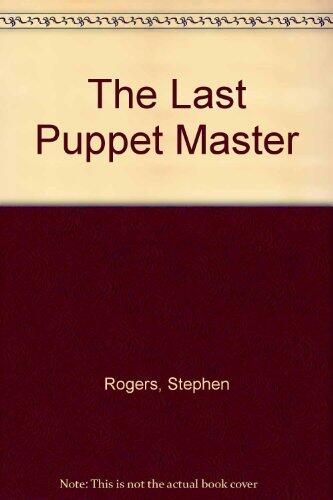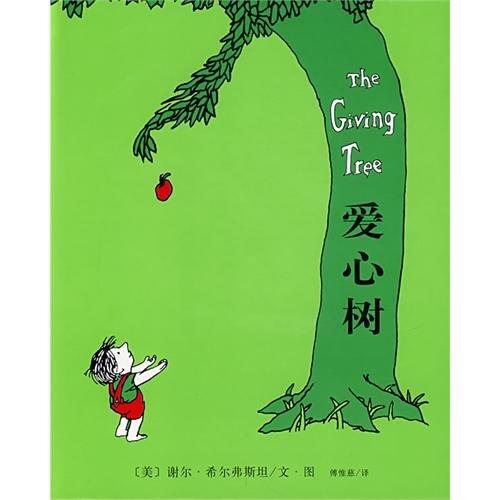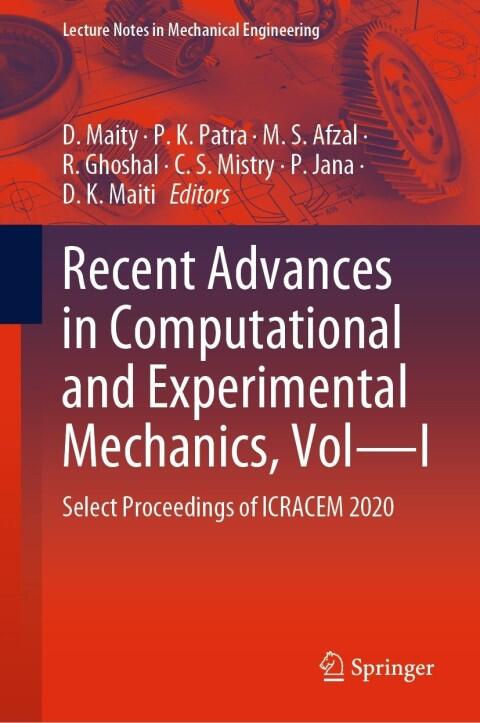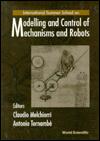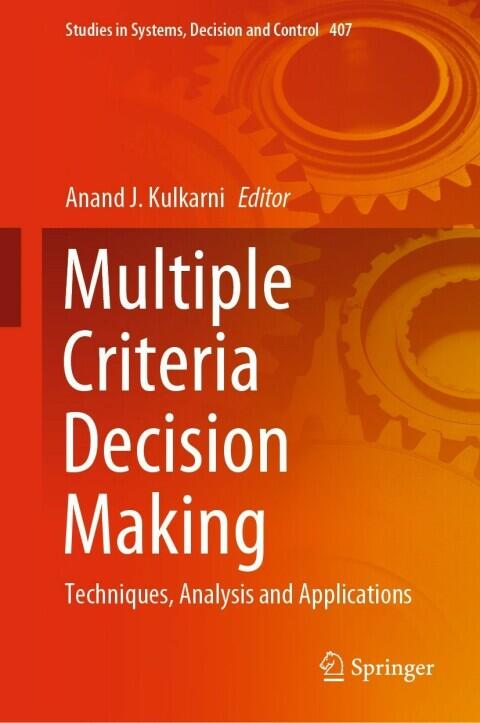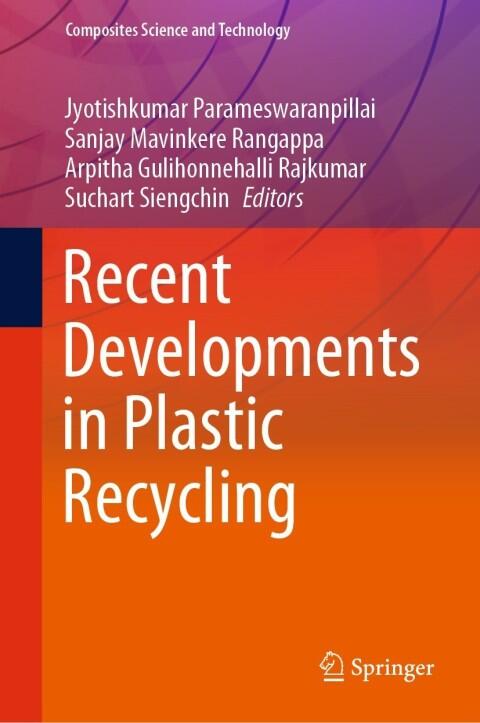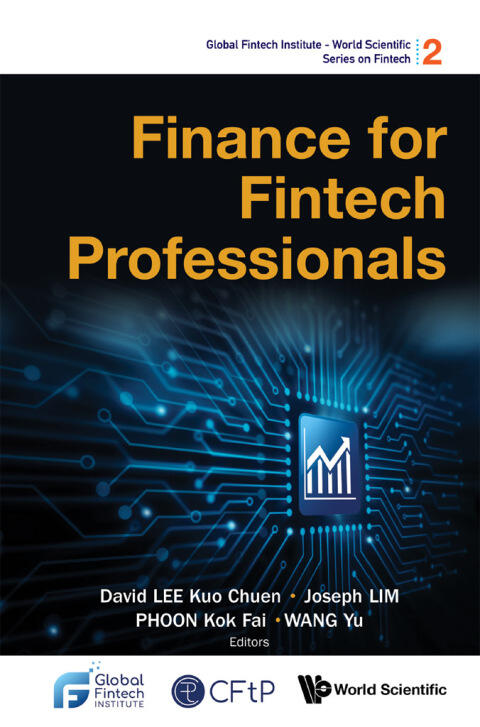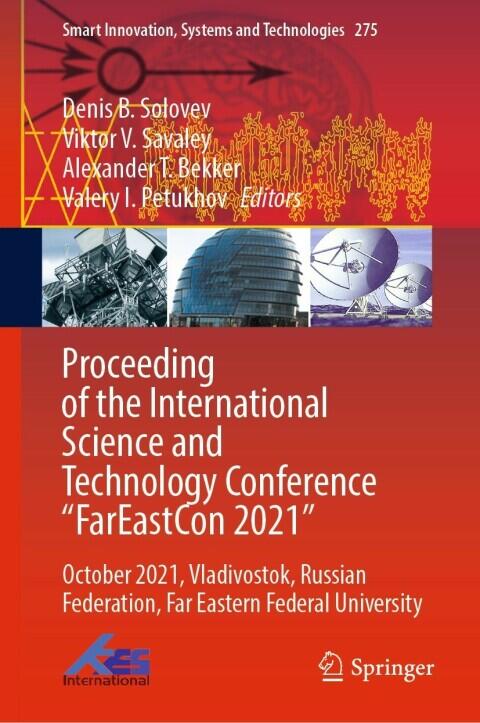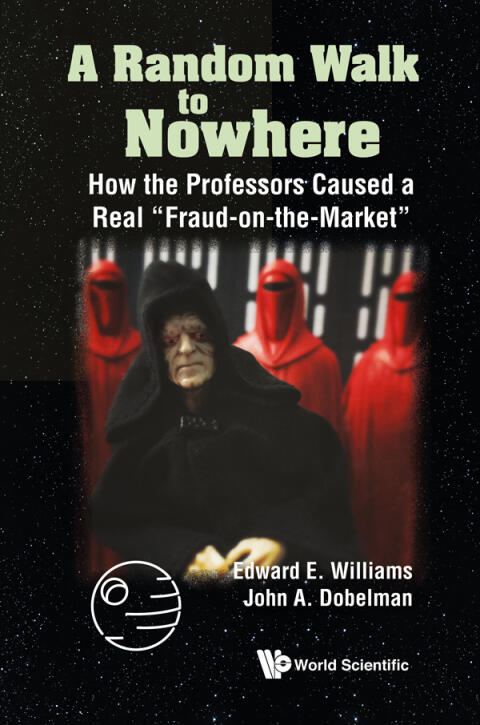
Random Walk To Nowhere, A: How The Professors Caused A Real "Fraud-on-the-market"
لا توجد تقييمات بعد
Religion & Spirituality
Science & Technology
History
+1
more
تنسيق
كيندل
صفحات
196
لغة
الإنجليزية
منشور
Jan 1, 2020
الناشر
World Scientific
الطبعة
1
رقم ISBN-10
9811207801
رقم ISBN-13
9789811207808
الوصف
In a compelling exploration of intellectual deception, the authors delve into the intricate world of legal doctrine, revealing how a carefully orchestrated fraud has infiltrated the fabric of financial markets. Their narrative probes the inception and evolution of this phenomenon, shedding light on the academic figures whose theories have inadvertently paved the way for a misleading understanding of market dynamics.
Through a critical lens, the authors meticulously dissect the interplay between academia and the practicalities of financial law. They argue that the unsuspecting endorsement of flawed concepts by esteemed professors has led to widespread misconceptions, ultimately affecting investors and market participants alike. The implications of these ideas resonate throughout the legal landscape, raising questions about accountability and the integrity of academic influence.
Both erudite and accessible, the book invites readers into a complex arena where economics, law, and ethical considerations converge. It serves as a cautionary tale about the need for vigilance in evaluating the sources of our beliefs and the hidden consequences of intellectual authority.
The narrative encourages a reevaluation of established doctrines and inspires a quest for clarity in an often obfuscated domain. It stands as a crucial contribution to the discourse surrounding the intersection of theory and reality in market practice.
Through a critical lens, the authors meticulously dissect the interplay between academia and the practicalities of financial law. They argue that the unsuspecting endorsement of flawed concepts by esteemed professors has led to widespread misconceptions, ultimately affecting investors and market participants alike. The implications of these ideas resonate throughout the legal landscape, raising questions about accountability and the integrity of academic influence.
Both erudite and accessible, the book invites readers into a complex arena where economics, law, and ethical considerations converge. It serves as a cautionary tale about the need for vigilance in evaluating the sources of our beliefs and the hidden consequences of intellectual authority.
The narrative encourages a reevaluation of established doctrines and inspires a quest for clarity in an often obfuscated domain. It stands as a crucial contribution to the discourse surrounding the intersection of theory and reality in market practice.
